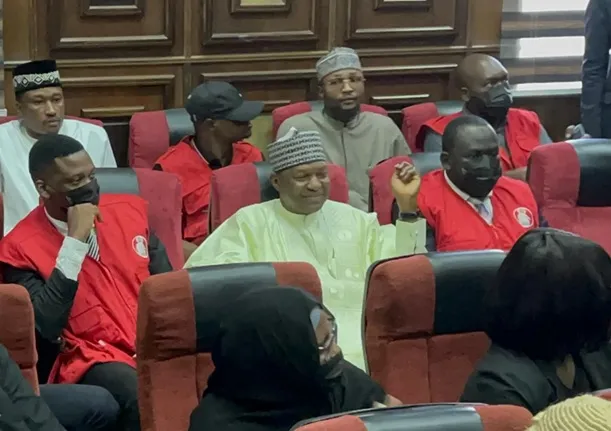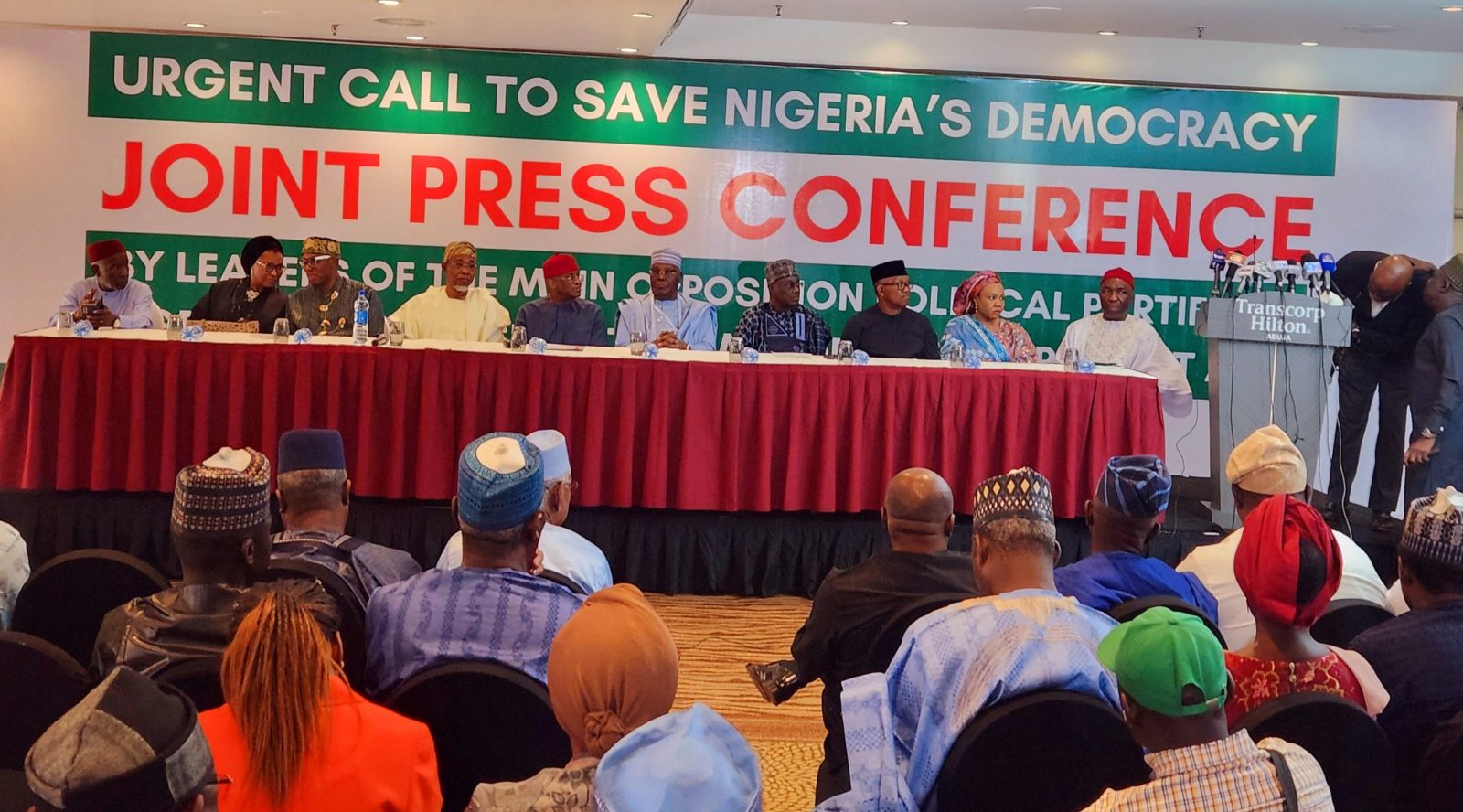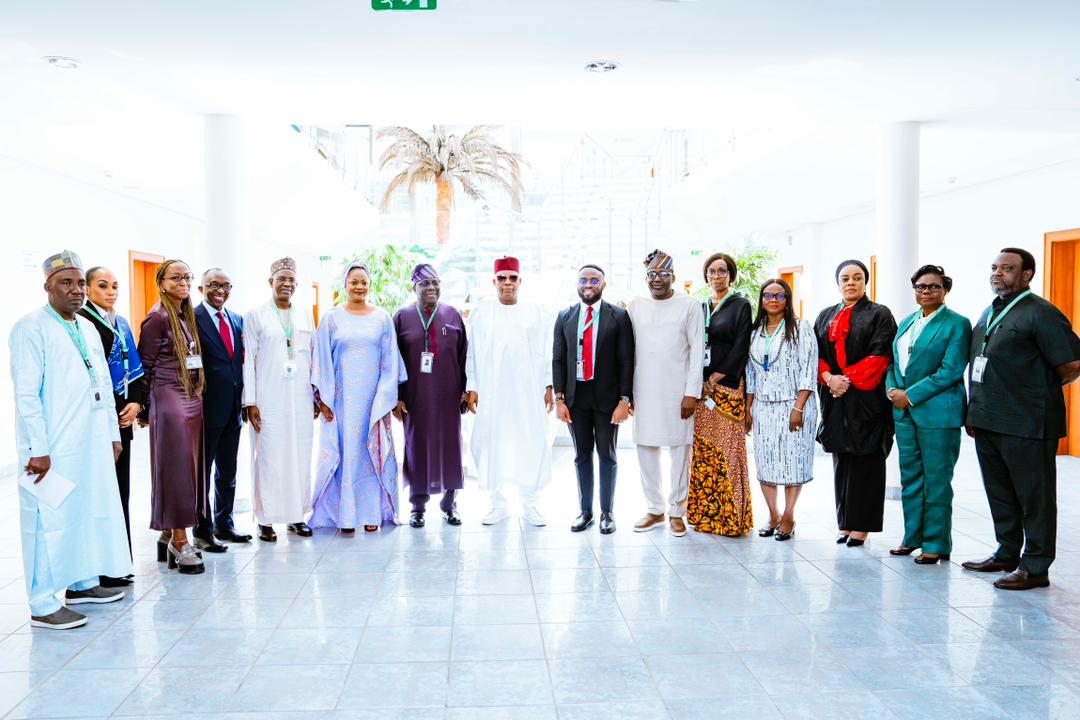The Federal Government on Tuesday signed two Memoranda of Understanding (MoUs) with a Chinese company, Mutual Commitment Company (MCC), Limited, on renewable energy.
Mr. Bolaji Tunji, Special Adviser on Strategic Communication and Media Relations to the Minister of Power in Abuja, announced this in a statement.
The Rural Electrification Agency (REA), an agency of the Ministry of Power, facilitated and signed the MoUs at the African-China Co-operation Summit in Beijing.
The Minister of Power, Dr. Adebayo Adelabu, and the Managing Director of REA, Mr. Abba Aliyu, were present at the ceremony, according to Persecondnews.
Speaking at the event, Adelabu said that the MoU signings were important and would go down as a memorable day for Nigeria.
He congratulated the REA and the National Power Training Institute of Nigeria (NAPTIN) for the achievement.
He said: ”The MoU will go a long way towards achieving Nigeria’s vision for the renewable energy subsector of the electricity sector value chain.
“I know Nigeria and China have a lot of things in common, one of which is that Nigeria and China are both high-population countries, and with a country with a high population, you have so much pressure.
“The first pressure is that of energy access, and the second is job creation.
“So, when you take steps to achieve both, it is a thing of joy. I am particularly happy that this is happening during the tenure of President Bola Tinubu, as it is in line with achieving the Renewed Hope Agenda of the administration for the country.”
The minister reiterated that Tinubu had prioritized the power sector as the driver for all other critical sectors of the economy.
He noted that energy access and expansion are the government’s major priorities, saying nothing can be achieved without a strong, stable, functional, and reliable electricity sector.
The minister said that almost 40 percent of Nigeria’s population lacks access to energy with its attendant consequences.
The minister said that almost 40 percent of Nigeria’s population lacks access to energy with its attendant consequences.
He said the two MoUs would achieve the vision for the renewable energy sub-segment of the power sector with a focus on five items—development of local capacity—noting that along the value chain of the renewable energy sector, many of the human and material resources that are required are still significantly dependent on imports.
“Also, we will be able to produce jobs for our large youthful population that is growing every day. Our polytechnics, technical colleges, and universities are turning up graduates every year without assurance of job placement.
“This will go a long way to make it happen, and at the same time, we will be able to achieve our energy access expansion.”
According to the minister, northern African countries such as Tunisia, Morocco, Egypt, and Algeria have achieved 100 percent electrification of their countries, and in South Africa, about 95 percent.
“Unfortunately, Nigeria is still at 62 percent, though there are still some African countries with worse levels of achievements, but this is not where we belong.
“If these countries can achieve this, why is it not possible for Nigeria with the level of our natural endowment? We have the gas, and the dams are also there for the hydroelectric,” he added.






















Leave a comment